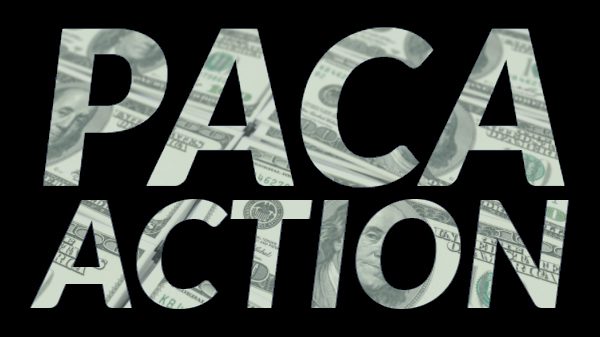Welcome to Blue Book!
Are you ready to join the thousands of companies who rely on Blue Book to drive smarter decisions? View our plans and get started today!
Still have questions? We’d love to show you what Blue Book can do for you. Drop us a line– we’ve been waiting for you.
The basic requirement proposed in 2014 is the use of “sanitary transportation practices to ensure that food is not transported under conditions that may render the food adulterated.”
Covered Food
The types of food covered by the STF rule include a wide variety of FDA-regulated human and animal food, and its requirements will complement FSIS’s promotion of food transportation practices for meat, poultry, and egg products. The STF would not apply to transportation activities for raw agricultural activities performed by a farm, or the transportation of (1) shelf stable food that is completely enclosed by a container; (2) compressed food gases; or (3) live food animals.
While the STF rule specifically addresses food transported by motor or rail vehicles, FDA has explained that the rule does apply to imported food and to certain activities undertaken outside of the United States. However, the STF rule exempts food that is ‘transshipped’ through the United States to another country, and food imported for future export and is neither consumed nor distributed within the United States.
RESPONSIBILITIES
The STF rule would establish important new responsibilities for shippers and carriers of food. Operators that transport imported food directly into the United States by motor or rail will be covered. The rule will also apply to any exporter shipping food in a container to the United States by ocean vessel or by air, and arranges for the intact container to be transferred to a motor or rail vehicle for transportation within the United States.
Shippers, therefore, will have extensive responsibilities including: (1) notifying the carrier in writing of the sanitary requirements for the transportation of the food; (2) inspecting the vehicle or transportation equipment in some circumstances; and (3) specifying and verifying temperature requirements for certain foods. Carriers, on the other hand, must among other things provide transportation equipment which meets the shipper’s requirements for safe and sanitary transport, and demonstrate, if requested, that it complied with these transportation requirements. Lastly, receivers engaged in transportation operations may have the responsibilities of shippers or carriers, but must also comply with the general requirements of the STF rule.
IMPORTER RESPONSIBILITIES
The STF rule does not create responsibilities for food importers per se, but the transportation practices it requires are intended to apply to imported food. An importer may be a “receiver” of food if the company or entity is the importer of record for the shipment, and further, if it arranges for or engages in transportation operations, it may also have the responsibilities of being designated as a shipper or carrier. If the importer arranges for the transportation of an imported container by motor or rail vehicle into the United States, the importer would then likely be the shipper under the STF rule, because it initiated a shipment of food from the port to a receiver.




